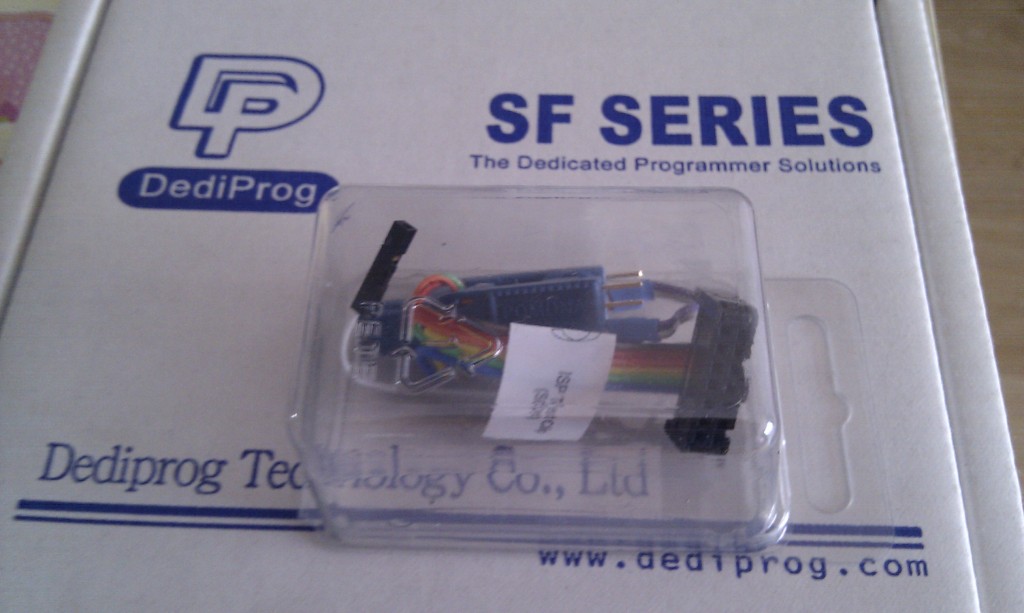The flashrom developers are happy to announce the release of flashrom 0.9.2.
flashrom is a utility for reading, writing, erasing and verifying flash ROM chips.
flashrom is designed to update BIOS/EFI/coreboot/firmware/optionROM images on mainboards, network/graphics/storage controller cards, and various programmer devices. It can do so without any special boot procedures and from your normal working environment.
After over nine years of development and constant improvement, we have added support for every BIOS flash ROM technology present on x86 mainboards and every flash ROM chip we ever saw in the wild.
Highlights of flashrom:
Continue reading flashrom 0.9.2 released

